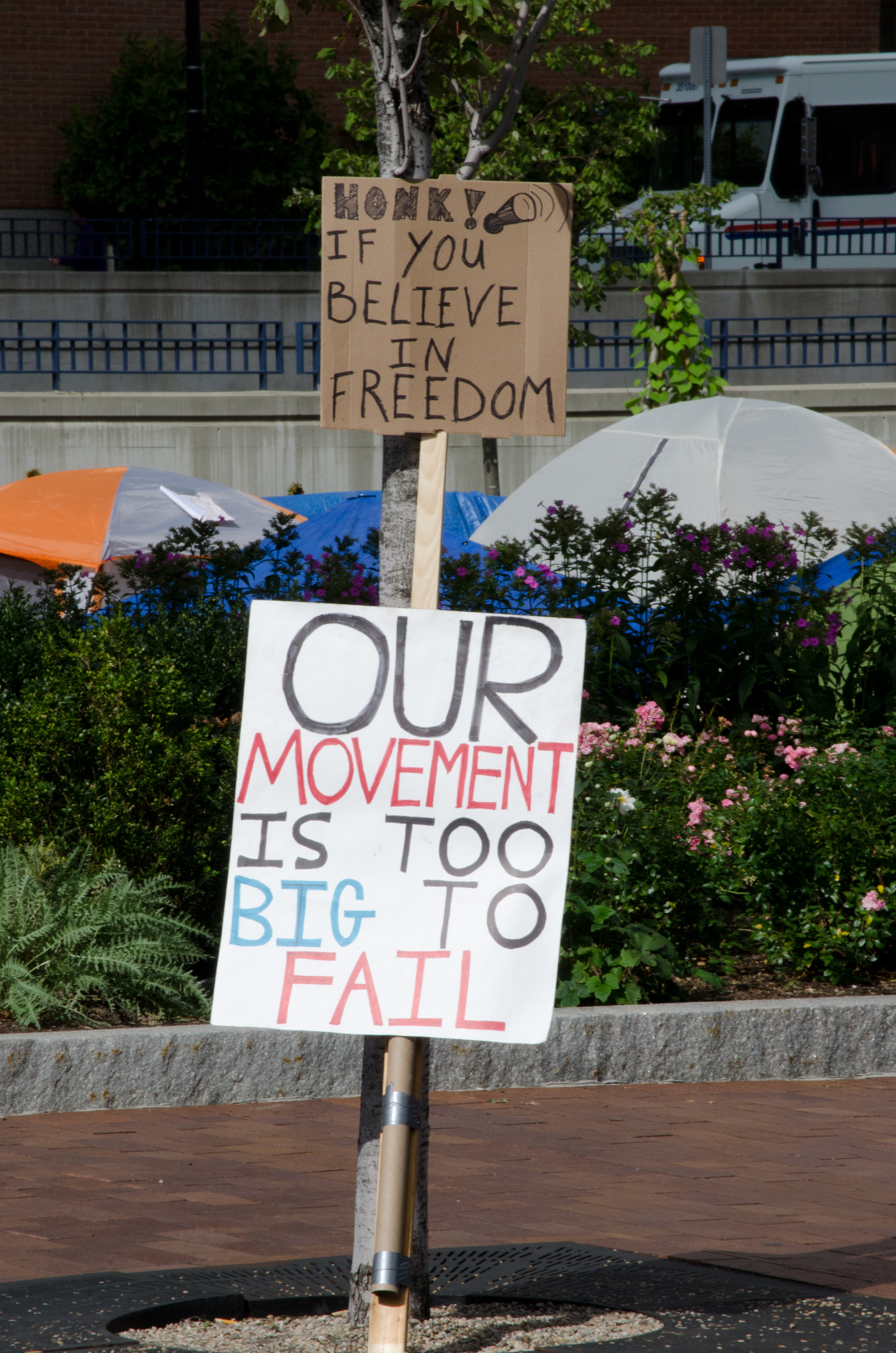This blog has featured a Mother’s Day for Peace, describing the roots of the current flowers-and-candy-for-Mom day in the work of Julia Ward Howe.
A nod towards initiating a Father’s Day of Peace was made in 2007 in a brief video from Brave New Foundation. The video provided a poignant reminder that fathers around the world love their children and want to see them survive, but little seems to have been done since then to promote a Father’s Day of Peace. Why not?
It’s time for fathers to link themselves to peace, not war.
Role models are available for men of peace: Jesus Christ, Mahatma Gandhi, Martin Luther King, Liu Xiabo, Muhammed Yunis, Jimmy Carter, Kofi Annan, Nelson Mandela, the Dalai Lama, Elie Wiezel, Desmond Tutu, Lech Walesa, and thousands of other less well-known men. Maybe your own dad is among them.
Perhaps Veterans for Peace (VFP) could take up this banner. Their goal is to “change public opinion in the U.S. from an unsustainable culture of militarism and commercialism to one of peace, democracy, and sustainability.” They have over 100 chapters in the United States, funded in part through a grant from Howard Zinn. One of their participating groups is the Smedley Butler chapter in Boston, MA, which provided active support for Occupy Boston in 2011.
Learn more about VFP’s mission through this video, then write to them and ask them to add the promotion of a Father’s Day of Peace to their projects.
No dad needs another necktie on Father’s Day. What he needs is a path that offers his children the best opportunity for growing to maturity in a world of peace.
Promote a Father’s Day for Peace.
Kathie Malley-Morrison, Professor of Psychology



